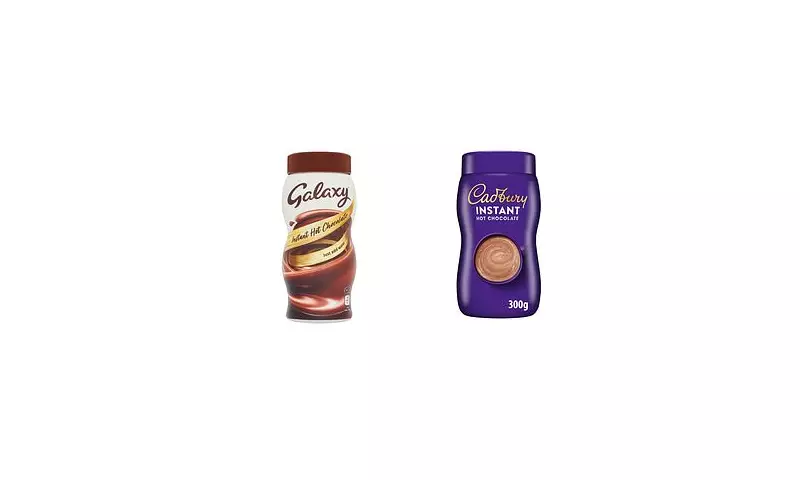
As Britain settles into peak hot chocolate season, a startling revelation emerges from supermarket shelves across the nation. Many popular instant hot chocolate products contain surprisingly little real cocoa, despite consumer expectations of rich chocolate flavour.
The Legal Loophole in Your Mug
UK regulations stipulate that products labelled 'drinking chocolate' must contain a minimum of 25% chocolate solids. However, numerous brands bypass this requirement by marketing their products as 'instant hot chocolate' instead. This labelling distinction allows manufacturers to include significantly less real chocolate while maintaining consumer appeal.
Cadbury Instant Hot Chocolate serves up just 3.5% of their famous milk chocolate alongside 15% fat-reduced cocoa powder. The product contains fourteen ingredients in total, including five E numbers ranging from Anti-Caking Agent (E551) to Emulsifier (E442).
Cadbury is far from alone in this practice. Galaxy's instant version contains merely 10% cocoa powder, while many supermarket own-brand instant varieties contain less than 20% chocolate and cocoa powder combined.
Industry Experts Demand Transparency
Jens Knoop, founder of the hot chocolate chain Knoops, believes such products should be accurately labelled as 'chocolate flavoured' rather than presented as genuine hot chocolate. His establishments use simply chocolate and milk, with menus clearly displaying cocoa percentages for customer transparency.
'The time of misleading the customer is over,' Knoop told the Daily Mail. 'People are reading labels, educating themselves and doing their research. They know how much cocoa needs to be present in a product to legally be called chocolate.'
When questioned about their product's lengthy ingredient list, Cadbury responded: 'Our products meet all relevant regulations, whilst we provide clear information on pack so consumers can make informed decisions about what they purchase.'
Health Implications and Better Choices
Leading microbiome scientist Dr Emily Leeming, author of Genius Gut, suggests that quality hot chocolate can actually benefit health when chosen wisely. 'Dark chocolate can bring surprising nutrient benefits,' she explains. '85% dark chocolate contains about 11 grams of fibre per 100 grams - more than you get with a can of beans.'
She highlights that dark chocolate is packed with polyphenols, antioxidants thought to have a prebiotic effect that feeds gut microbes. For a healthier option, Dr Leeming recommends using pure cocoa powder and adding your own sweetener like honey or maple syrup.
Several brands stand out for their higher cocoa content. Green & Black's Organic Cocoa Fair Trade leads with 98% cocoa powder, while Willie's Cacao Hot Chocolate contains 52% cocoa and Knoops' 70% Extra Dark Chocolate Flakes offer premium quality. Tesco Finest Belgian flakes contain 45% cocoa milk chocolate, and M&S Drinking Chocolate boasts 41% cocoa powder with minimal additional ingredients.
At the other end of the spectrum, some budget options contain remarkably little cocoa. ASDA's Just Essentials Instant Hot Chocolate and Morrisons Savers Instant Hot Chocolate Drink both contain just 9% fat-reduced cocoa powder, with no real chocolate present. Options Instant Belgian Hot Chocolate Drink contains 21% cocoa powder and only 7% Belgian chocolate, while Ovaltine Chocolate Light contains merely 7% fat-reduced cocoa powder.
The investigation reveals significant variation in what British consumers actually receive when they purchase seemingly similar hot chocolate products, highlighting the importance of reading labels carefully during this winter season.





